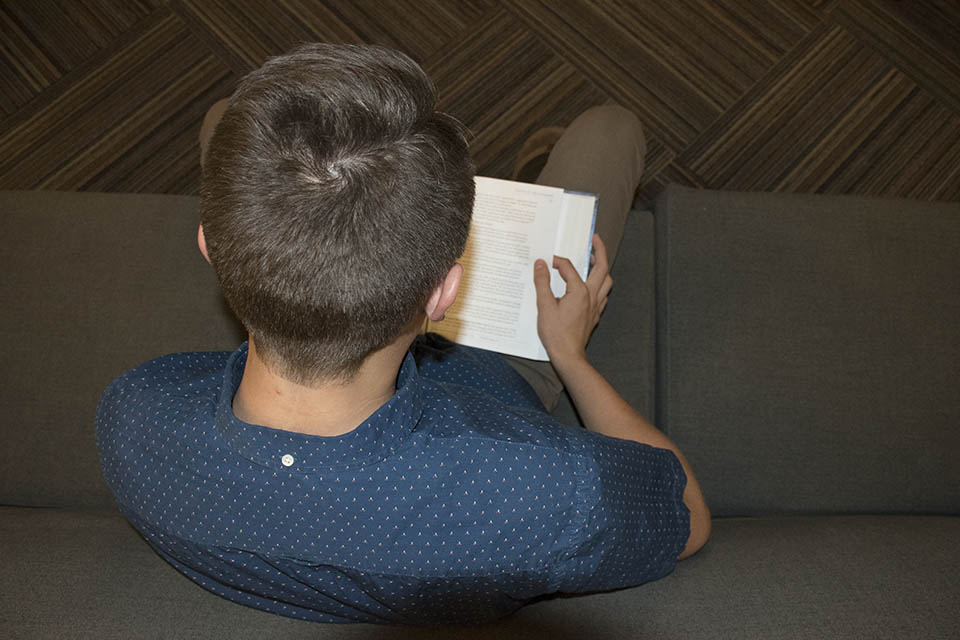Beads of sweat begin to mingle on your hairline. The words on the all-too-familiar pages you have studied relentlessly for months blur before your eyes as your pencil slowly droops in defeat. Your hands over your eyes, you take a deep breath, allowing the oxygen to fill your lungs until your mind ceases its nauseating swirl.
A daunting concept
Often, test-taking can become a routine for undergraduate students. An everyday occurrence but a wretched foe, exams, quizzes and everything in between riddle school days like raindrops in Seattle. However, some stand above the rest: master’s degree entrance exams.
Even though students have the opportunity to submit their best score if they choose to take it multiple times, the daunting concept of a number defining their application and the cost of the test can overwhelm the test taker. In addition, the automatic send-off of essays and scores upon test completion to colleges can lead to severe anxiety and a lower score than they are actually capable of achieving.
The Career Development department hosted a self-proctored mock preparation test for a variety of pre-graduate school exams on Saturday, April 8. The Law School and Medical College Admissions Tests and the Graduate Record Examinations were some of the tests offered.
From the LSAT to the MCAT, a student’s entire future can rest on a three-to-six-hour time frame and small bubbles marked A, B, C and D. Christine Mun, senior nursing major, recalls taking the mandatory exam to get into Biola’s competitive nursing program: the Test of Essential Academic Skills.
A trying season
While she did not believe the test to be exceedingly difficult, taking part in the nursing program itself has been a struggle and a trying season of her life.
“This semester has been really amazing in allowing myself to accept mediocrity. I’m a very highly-driven, ambitious perfectionist,” Mun said. “There are definitely moments where I’ve broken down, just fetal position. I think we’ve all accepted it as normal: how much we’re tested. We have to comply with the nursing program, the nursing program is not going to comply to us.”
Josh Tey, senior communications major and communications department peer academic advisor, plans to take the GRE after graduation, but has not had any students ask him personally for advice on classes to take within Biola to up their scores on any higher-education exam — partly because Biola does not offer any.
“For communications, there isn’t a specific test you can take, it’s more dependant on the grad school you want to go to,” Tey said. “Also, not every student is going to grad school, so our advising mostly focuses on what classes happen at Biola.”
Time to prepare
Eddie Gallardo, senior political science major and peer internship coordinator for the political science department, plans on taking the LSAT in September of this year in order to apply for Trinity Law School.
“I’m giving myself at least three months, probably two hours each day to study,” Gallardo said. “They’re tricky because they make you use a part of your brain that doesn’t really get used. Because it’s so matter-of-fact stuff, it’s just logical, so you have to take time.”
In line with a common thread of thought among the millennial generation and several generations preceding it, Gallardo and many others believe objective tests do not adequately show the abilities of the applicant.
“I think now it’s just become so much of you have to fit into this state peg in the wall, or else you don’t make it. People are so much more gifted than a test says they are, and their abilities and their skills, their past volunteer work, speaks for them more mightily than a test score. I think character should be valued over a score on a test,” Gallardo said.







